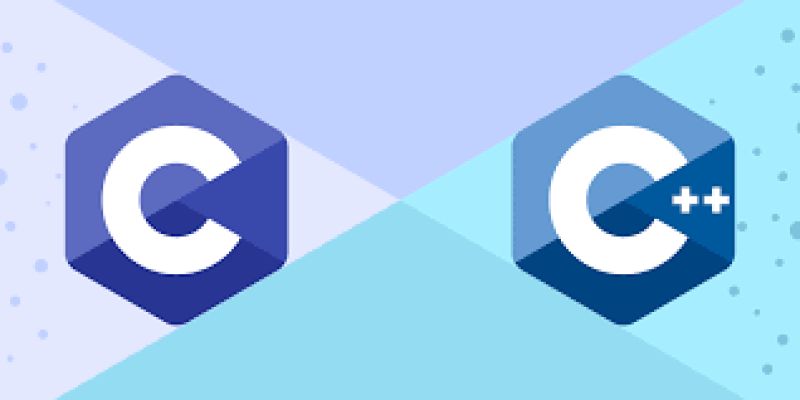
Core C programming subjects Since C is a subset of C++, a combined course begins by building a strong foundation in procedural programming with C. Introduction to C: The history and features of the language, the structure of a C program, and the process of compilation and debugging. C fundamentals: Variables, constants, keywords, basic data types (int, float, char), and how to use standard input/output functions like printf() and scanf(). Operators and expressions: A breakdown of arithmetic, relational, logical, and bitwise operators, including operator precedence. Control flow statements: Use if, else, switch, for, while, and do-while loops to control the execution flow of a program. Functions: Creating and calling functions, using return values, and different parameter-passing techniques (call by value and call by reference). Arrays and strings: Declaring and manipulating one-dimensional and multi-dimensional arrays and handling strings. Pointers and memory management: Understanding pointer variables, pointer arithmetic, and managing memory dynamically using functions like malloc(), calloc(), and free(). Data structures in C: Using structs and unions to create custom data types. File handling: Performing input and output operations with files, including reading and writing data. Preprocessor directives: Using macros and include directives. Core C++ programming subjects Building on the C foundation, the course then introduces the powerful, object-oriented features that distinguish C++. C++ overview: The differences between C and C++, the advantages of C++, and an introduction to the object-oriented programming (OOP) paradigm. Object-oriented programming (OOP): The fundamental concepts of OOP, including: Classes and objects: Defining your own data types and creating instances of them. Constructors and destructors: Special member functions for initializing and cleaning up objects. Encapsulation: Using access specifiers (public, private, protected) to hide implementation details and protect data. Inheritance: Creating a new class from an existing one to reuse code and define a hierarchy. Polymorphism: Understanding how objects can take on many forms, through both function overloading (static polymorphism) and virtual functions (dynamic polymorphism). Operator overloading: Defining how standard operators work with user-defined classes. Templates: Writing generic functions and classes that work with any data type, essential for the STL. Standard Template Library (STL): A core part of modern C++ that includes: Containers: Data structures like vector, list, stack, and queue. Algorithms: Pre-built functions for sorting, searching, and more. Exception handling: Managing and gracefully recovering from runtime errors. Advanced C++ topics: Modern C++ features, advanced memory management (e.g., smart pointers), and concurrency